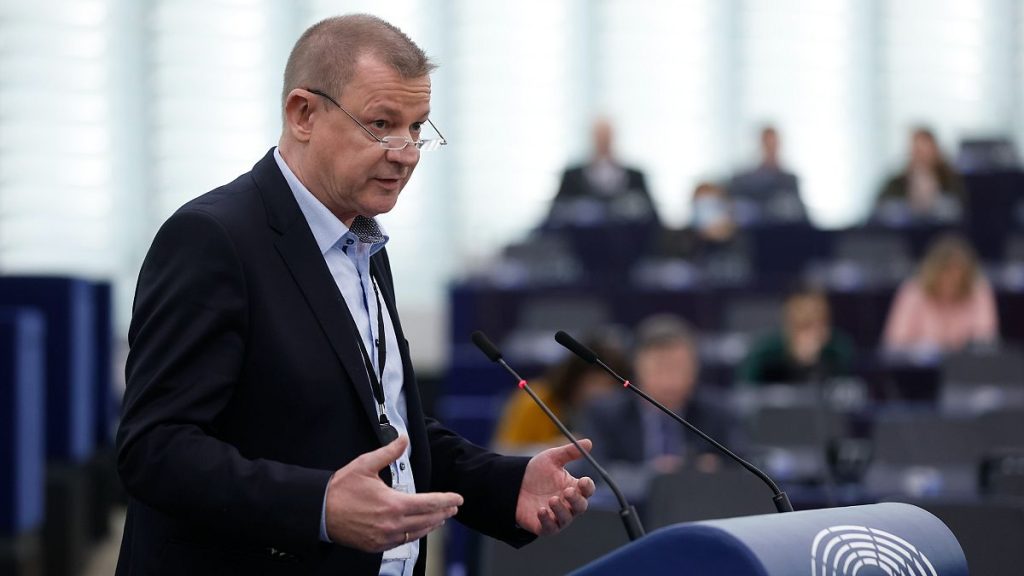A recent controversial decision made by the European Commission to appoint Markus Pieper as envoy for small and medium-sized businesses (SMEs) has sparked outrage from a grouping of non-governmental organizations, including Transparency International EU, Friends of the Earth Europe, The Good Lobby, and Corporate Europe Observatory. The decision to award a lucrative €17,000-per-month taxpayer-funded job to a member of Commission President Ursula von der Leyen’s political party, the CDU, has raised concerns about potential conflicts of interest and breaches of the Commissioner’s Code of Conduct. The NGOs are calling for an investigation into the recruitment process and are urging the Commission to reverse its decision.
According to media reports, Pieper scored lower than other candidates in recruitment tests, leading to questions about the transparency and fairness of the selection process. The NGOs argue that Pieper’s political affiliation and nationality indicate favoritism on the part of President von der Leyen, potentially compromising the integrity of the recruitment process. The Commission has vehemently denied any wrongdoing, insisting that proper procedures were followed and that Pieper was selected based on merit. However, MEPs and some of von der Leyen’s own Commissioners have expressed reservations about the appointment, leading to calls for a review by the Commission’s highest decision-making body.
Commission spokesperson Eric Mamer defended the decision to appoint Pieper, stating that no negative feedback had been received following the announcement. However, the criticism from MEPs and von der Leyen’s senior colleagues indicates significant discontent within the institution. While official guidance suggests that senior appointments should be proposed with the agreement of relevant Commissioners, it is not clear whether this protocol was followed in Pieper’s case. Commissioners from various EU countries have called for a review of the appointment, and lawmakers from multiple political groupings in the European Parliament are planning to formally request the rescinding of the decision.
The controversy surrounding Pieper’s appointment highlights broader concerns about transparency, accountability, and independence within the European Commission. Critics argue that political favoritism and conflicts of interest should be avoided in the recruitment and selection of senior officials. The call for an investigation into potential breaches of the Commissioner’s Code of Conduct reflects a broader push for greater accountability and integrity within EU institutions. As von der Leyen seeks a second term in office, the controversy over Pieper’s appointment underscores the need for strong ethical standards and oversight in the recruitment process for top positions.
The pressure on von der Leyen to address the concerns raised by NGOs, MEPs, and Commissioners adds to the challenges facing the European Commission. Calls for a review of the decision to appoint Pieper raise questions about the institution’s commitment to transparency, fairness, and ethical standards. As the Commission navigates these criticisms and seeks to maintain its credibility and legitimacy, the outcome of this controversy could have far-reaching implications for the future recruitment and selection of senior officials. In the face of mounting scrutiny and calls for accountability, von der Leyen and the Commission must carefully consider their response to the concerns raised by stakeholders within and outside the institution.


